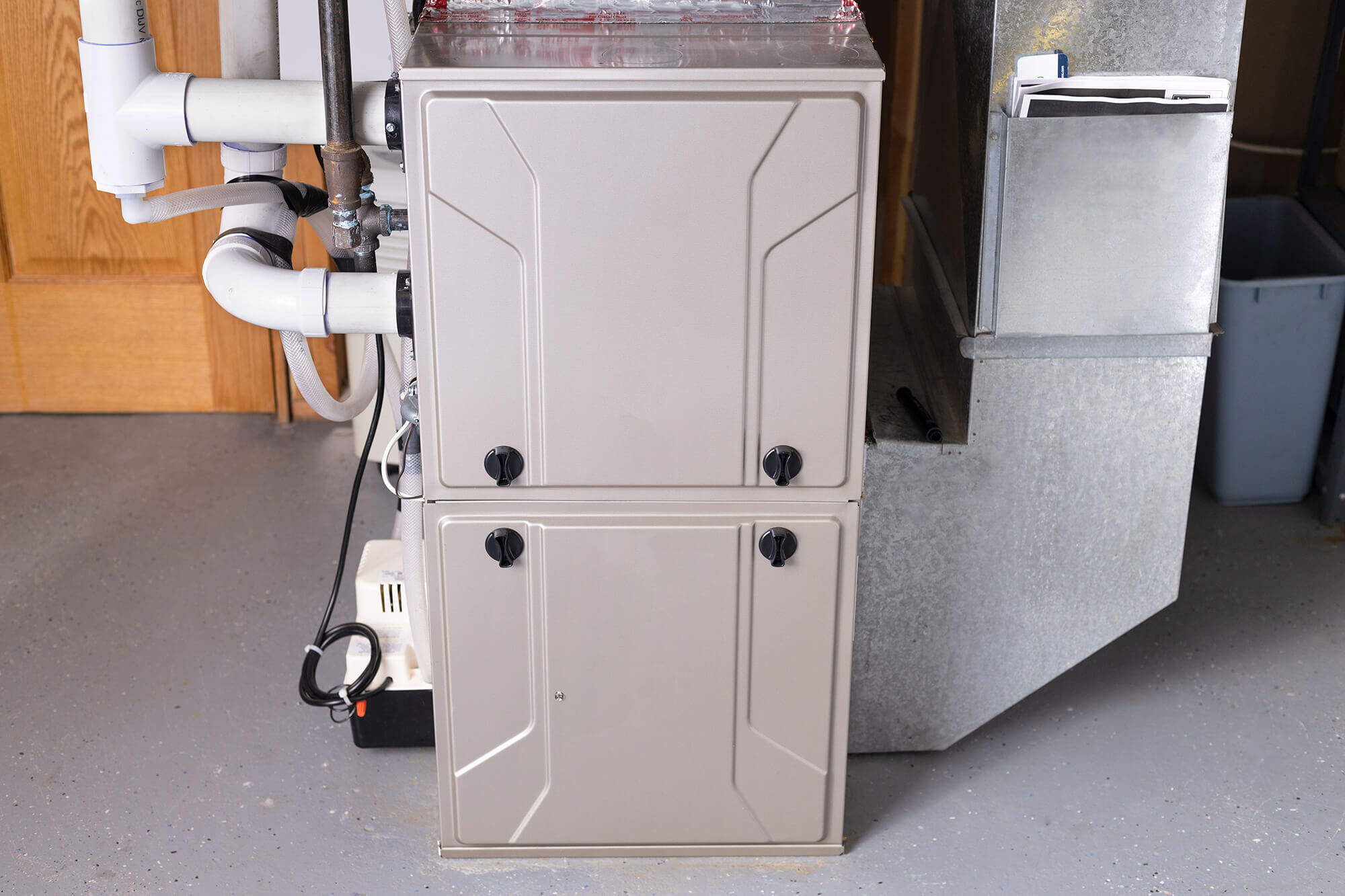Contact:
ASAP: Ben Somberg, 202-658-8129, bsomberg@aceee.org
NCLC: Stephen Rouzer, 202-320-8394, srouzer@nclc.org

Washington, DC—A decision by the U.S. Court of Appeals for the D.C. Circuit today protects furnace efficiency standards set to reduce heating costs for many households. The federal standards, which will take effect in 2028, will save households replacing an inefficient furnace with a new model an average of $350 over the life of the furnace.
Andrew deLaski, executive director of the Appliance Standards Awareness Project, said: “This upholds long-awaited standards that will save households money on their heating bills while reducing pollution. Ensuring new furnaces are more efficient may disappoint some gas utilities, but it’s a triumph for consumers.”
Berneta Haynes, senior attorney with the National Consumer Law Center, said: “The court has affirmed the Department of Energy’s effort to reduce gas heating bills for everyday Americans. Those who rent will especially benefit because the standards will end the sale of very inefficient heating systems that are often installed in rented homes."
The standards were finalized by the U.S. Department of Energy (DOE) in 2023. Most major furnace manufacturers supported the department finalizing the standards at the efficiency levels it adopted. Gas utility trade associations led a legal challenge to the standards, which was rejected today.
Federal law requires DOE to periodically review standards for furnaces and other products; under a court-approved settlement, DOE was required to finalize new furnace standards by 2016.
The standards will require new furnaces to use about 15% less energy than today’s least efficient models. Canada has required similar efficiency levels since 2010. More information about the standards is available in an ASAP fact sheet.
###
The Appliance Standards Awareness Project (ASAP) advocates for appliance, equipment, and lighting standards that cut planet-warming emissions and other air pollution, save water, and reduce economic and environmental burdens for low- and moderate-income households. ASAP’s steering committee includes representatives from environmental and efficiency nonprofits, consumer groups, the utility sector, and state government.
The Consumer Federation of America is a national organization of more than 250 nonprofit consumer groups that was founded in 1968 to advance the consumer interest through research, advocacy, and education.




